How AI-Generated Art Is Redefining Creativity
18 April 2025
Artificial Intelligence has been shaking up industries left and right, but if there's one space where it’s making a jaw-dropping impact, it's the world of art. AI-generated art isn’t just a quirky experiment anymore—it’s a full-blown creative movement, challenging everything we thought we knew about artistic expression. But is it redefining creativity or just mimicking human genius? Buckle up, because we’re diving deep into how AI is changing the way we create, experience, and even value art.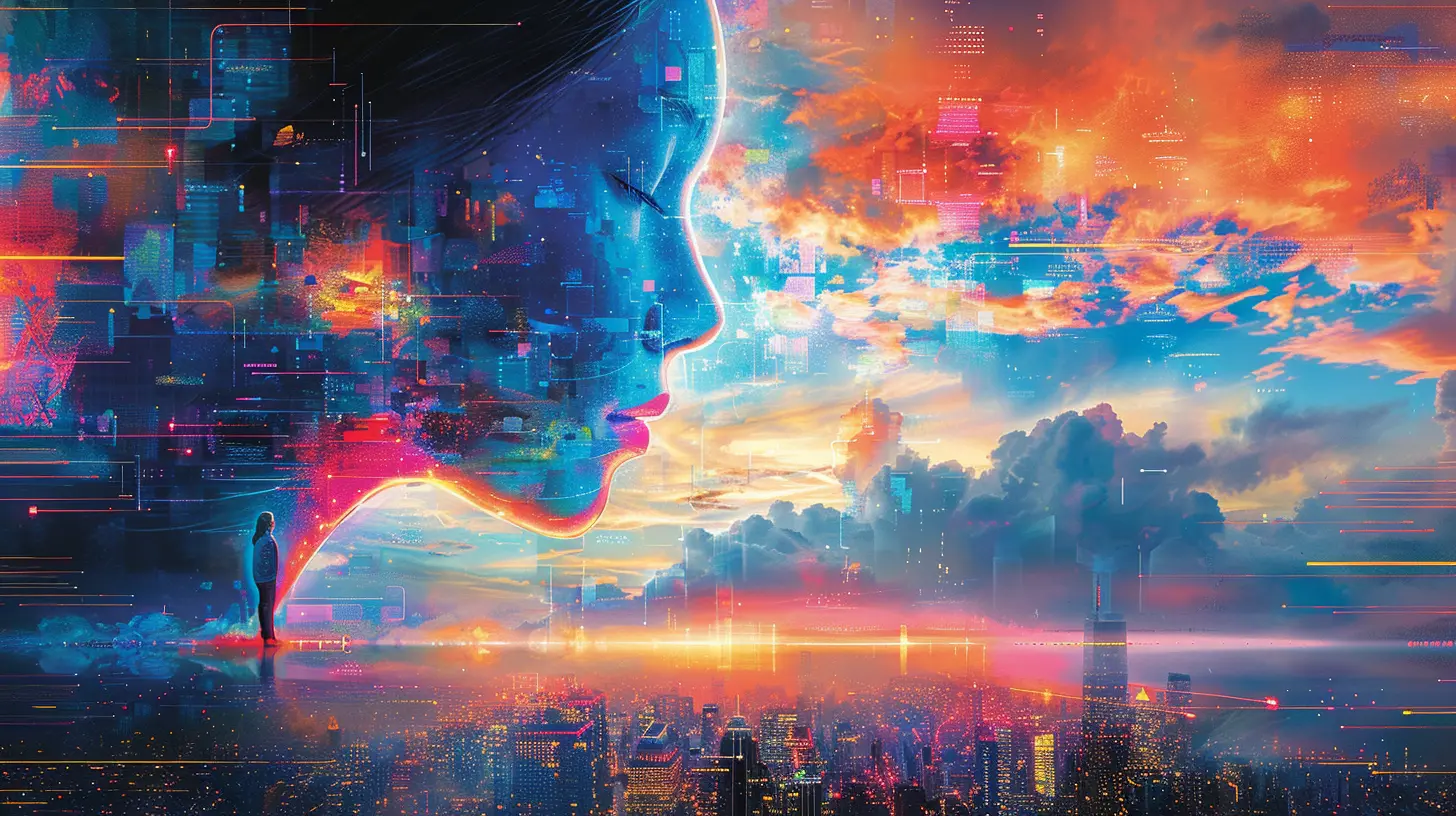
The Rise of AI-Generated Art: More Than Just Fancy Algorithms
Once upon a time, if you wanted to make art, you needed a brush, some paint, and a good dose of inspiration. Fast forward to today, and a few lines of code can generate a masterpiece that rivals human-made art. AI-generated art isn’t science fiction anymore—it’s here, and it’s evolving at an insane pace.With machine learning models like DALL·E, MidJourney, and Stable Diffusion, AI can craft stunning visuals from just a simple text prompt. You type in “a futuristic city under a neon sunset,” and boom! Within seconds, you have a high-resolution image that looks straight out of a cyberpunk movie. But how does AI pull this off? 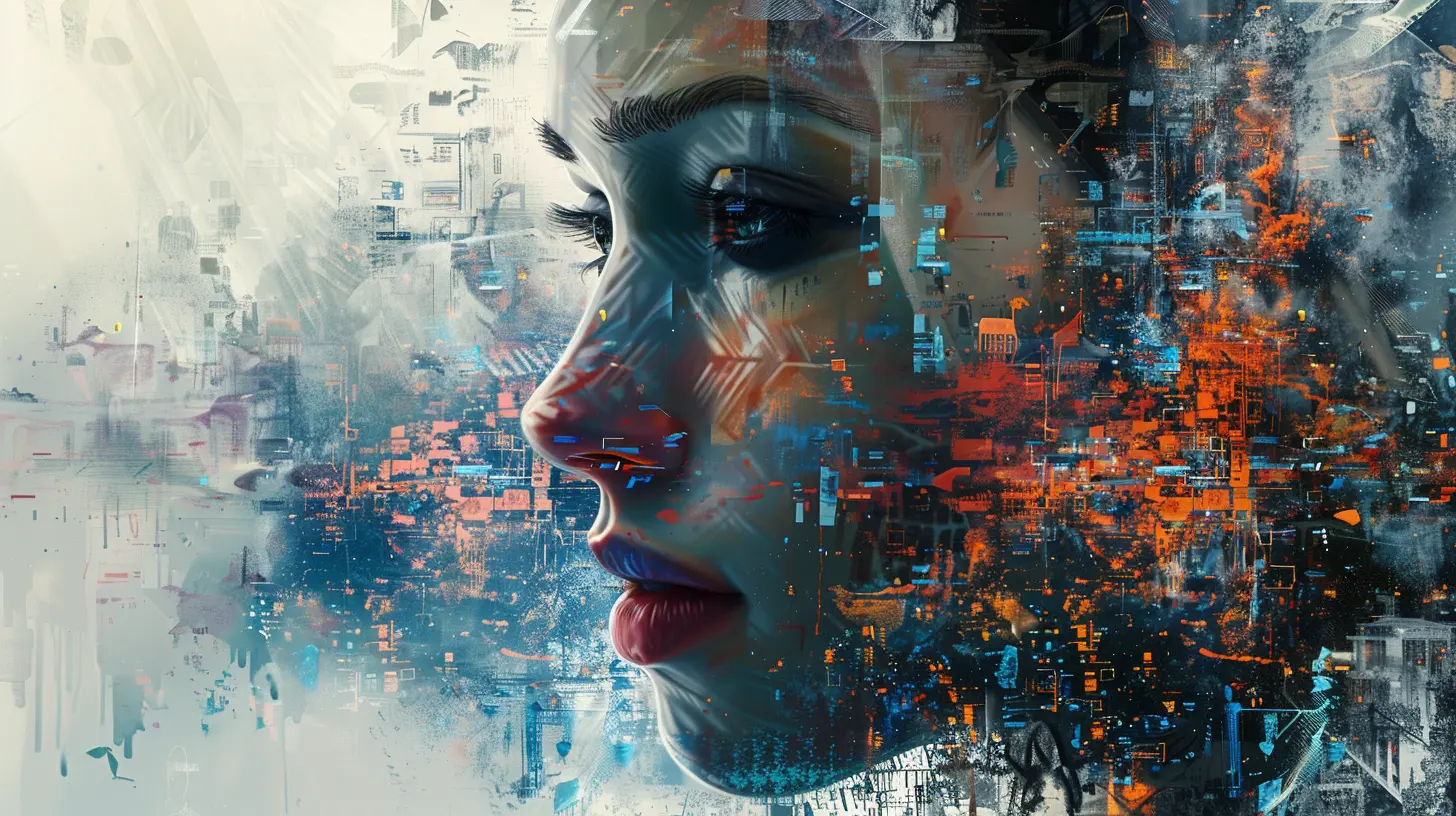
How AI Creates Art: The Genius Behind The Machine
AI-generated art works through deep learning, specifically by training neural networks on a massive dataset of existing images, paintings, and styles. But let’s break it down in a way that actually makes sense.Imagine spending years studying thousands of paintings from Picasso, Van Gogh, and Banksy. Over time, you start recognizing patterns—how Van Gogh loved swirling strokes, how Banksy keeps things rebellious, and how Picasso played with abstract forms. AI does the same thing, but way faster and at a massive scale.
Using a method called Generative Adversarial Networks (GANs) or Diffusion Models, AI can "learn" artistic styles and generate entirely new pieces that feel original. It’s like feeding a robot an encyclopedia of art history and then asking it to create something unique based on that knowledge.
But here’s where things get interesting—AI isn’t just copying. It’s combining, remixing, and evolving art styles in ways humans might never think of. And that’s where the real magic happens. 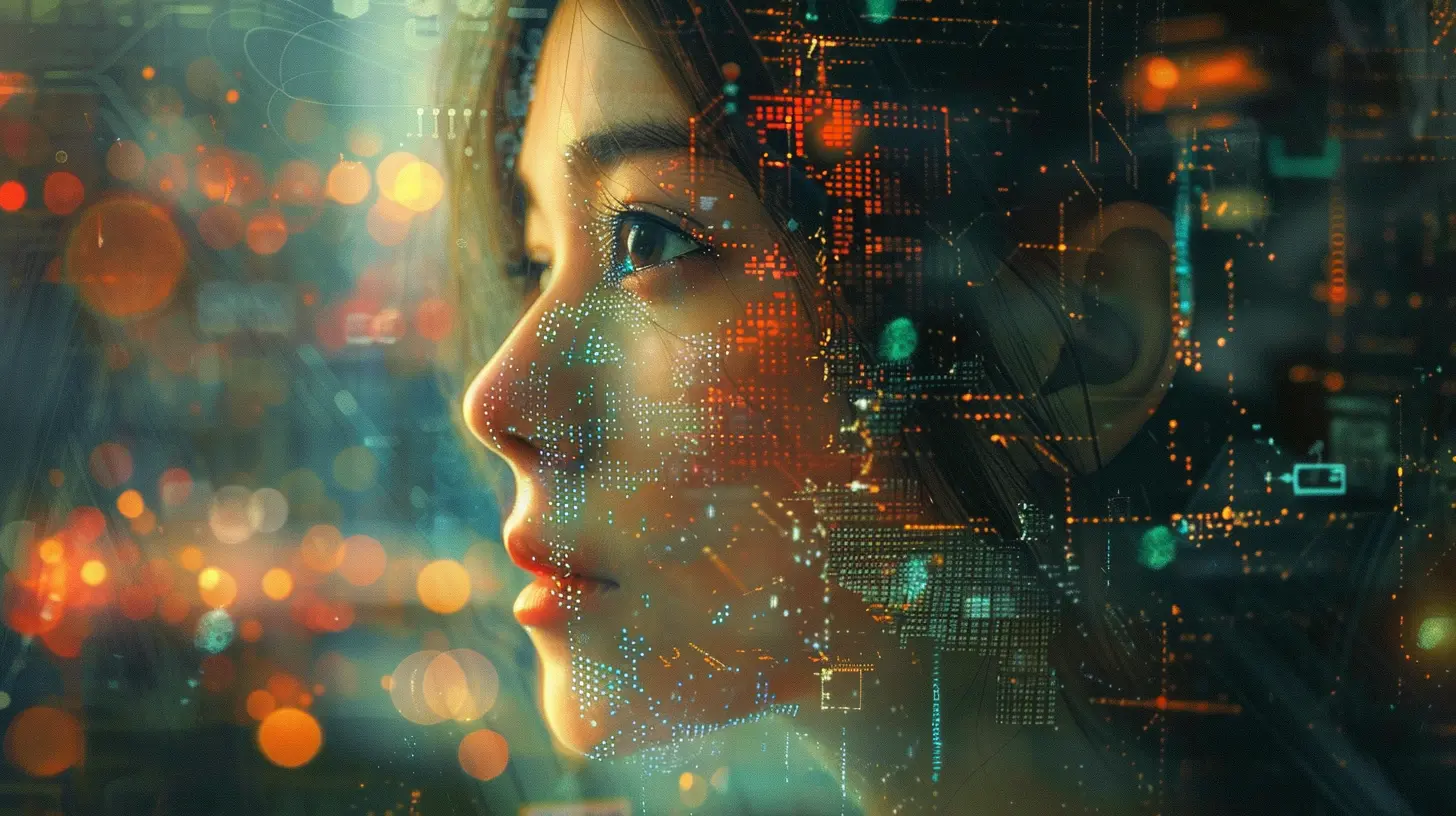
Is AI-Generated Art "Real" Art? The Big Debate
Now, here’s the million-dollar question—if AI is making the art, does it count as real creativity? Or is it just sophisticated plagiarism? Artists, tech geeks, and philosophers are all locked in a heated debate over this one.Some argue that real creativity requires emotion, experience, and intention—things that AI simply doesn’t have. Yes, AI can generate stunning visuals, but does it truly “understand” beauty, pain, or passion the way a human artist does? Probably not.
On the flip side, others say that creativity has always been about remixing and reinterpreting existing ideas. AI is just doing what humans do—absorbing influences and creating something new. If people love the results, does it even matter if a human hand was involved?
Whether AI art counts as "real" art might not even be the right question. The real question is how we choose to integrate AI into the creative landscape. 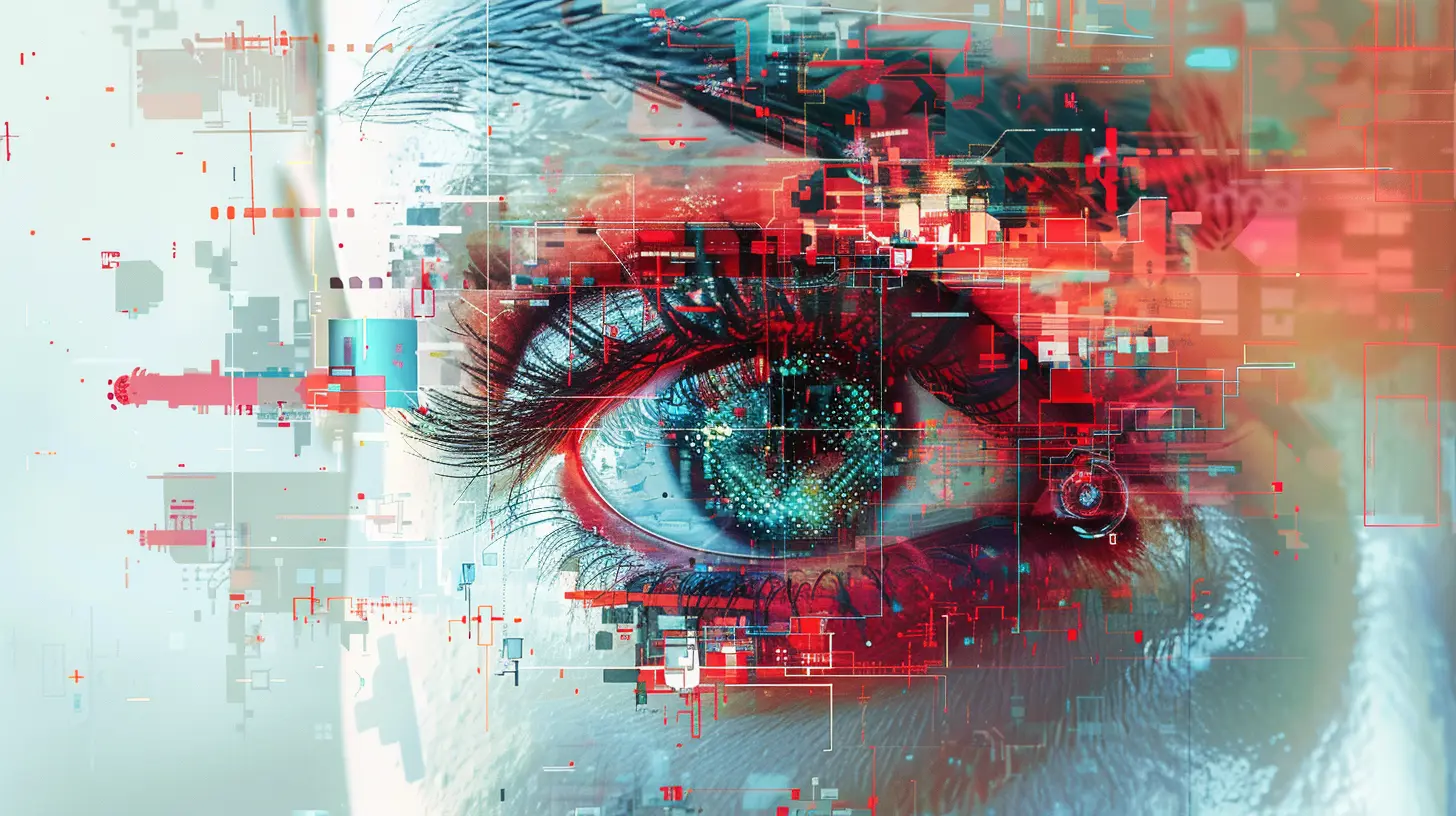
AI vs. Human Artists: A New Kind of Collaboration
Instead of seeing AI as a threat, many artists are now embracing it as a tool—kind of how photographers embraced Photoshop or how musicians use digital synthesizers. AI isn’t here to replace human creativity; it’s here to amplify it.Imagine a world where artists can use AI to generate rough concepts in seconds instead of spending hours on sketches. Or animators who can quickly create stunning backgrounds with AI assistance. AI becomes a creative partner rather than a competitor—a digital assistant that helps artists bring their visions to life faster than ever.
Sure, AI can generate art, but it doesn’t have a story to tell—that’s still up to us.
The Impact of AI Art on Industries: Disruption or Innovation?
AI-generated art isn’t just making waves in museums—it’s shaking up entire industries.1. Digital Art & Design
AI is revolutionizing graphic design, web design, and illustration. Designers can now create assets at lightning speed, allowing for rapid prototyping and conceptualization.2. Advertising & Marketing
Brands are using AI to generate eye-catching visuals for campaigns without hiring expensive designers or photographers. AI-generated art allows for hyper-personalization, creating unique visuals tailored to individual customers.3. Gaming & Entertainment
AI is already being used in concept art for video games, movies, and animations. Game designers can create realistic environments in minutes, making development faster and more cost-effective.4. NFT & Crypto Art
With the NFT boom, AI-generated art has found a new market. Some artists are even training AI on their own work, creating digital clones that continue their artistic legacy long after they’re gone.5. Fashion & Interior Design
Fashion designers are experimenting with AI to create unique patterns, and interior designers are using AI-generated art to decorate spaces with never-before-seen aesthetics.Whether we like it or not, AI-generated art isn’t just staying in the digital realm—it’s making its mark across the entire creative industry.
Are Traditional Artists at Risk? The Fear of Being Replaced
One of the biggest fears surrounding AI-generated art is that it will replace human artists. If AI can create art in seconds, why would anyone hire a graphic designer, illustrator, or painter?While it’s true that AI is automating certain artistic roles, creativity isn’t just about making something—it’s about meaning, interpretation, and storytelling. AI can generate an image, but it doesn’t have a human perspective.
Rather than eliminating artists, AI forces us to rethink creativity itself. Artists who adapt and incorporate AI into their workflows may actually thrive in this new era. Think of it like photography—when cameras became mainstream, painters weren’t replaced. Instead, new art movements like surrealism and abstraction emerged. AI will likely do the same, pushing human creativity in unexpected directions.
The Ethical Dilemma: Who Owns AI-Generated Art?
Here’s where things get even more complicated. If AI creates art based on existing images and styles, who owns the final product?- Is it the AI developers? (After all, they made the model.)
- Is it the user who entered the prompt? (They gave the creative input.)
- Or is it the original artists whose works were used to train the AI?
There’s no clear answer—yet. Some AI-generated works have even won art competitions, sparking outrage from traditional artists. Governments and legal experts are still trying to figure out how to regulate AI art, and we’re only scratching the surface of the ownership battle.
The Future of AI-Generated Art: Here to Stay or Just a Trend?
Like it or not, AI-generated art isn’t going away. In fact, it's evolving faster than we can keep up with.In the near future, we might see:
- Fully AI-generated movies and music videos.
- AI collaborative tools embedded in creative software like Photoshop and Blender.
- AI-generated art that interacts dynamically based on viewer emotions.
The possibilities are mind-blowing, and we’re only at the beginning. But one thing’s for sure: AI may be redefining creativity, but it will never replace what makes humanity’s art truly special—our unique experiences, emotions, and stories.
So, rather than fearing AI, maybe it’s time to embrace it as a new brush in the modern artist’s toolkit.
What do you think? Is AI-generated art a revolutionary force or a creative impostor? Drop your thoughts in the comments!
all images in this post were generated using AI tools
Category:
Future TechAuthor:

Reese McQuillan
Discussion
rate this article
8 comments
Zeke McLoughlin
Sure, because nothing screams 'creative genius' quite like letting a machine do all the heavy lifting. Who needs human flair when you can have an algorithm regurgitate images? Next up: AI poetry that rhymes 'robot' with 'hot'!
May 10, 2025 at 8:29 PM

Reese McQuillan
While AI tools can assist in the creative process, they don't replace human intuition and emotion—rather, they enhance and inspire new forms of expression.
Ulrich McGowan
AI-generated art challenges traditional notions of creativity, provoking essential discussions about authorship, originality, and the evolving relationship between technology and artists.
April 30, 2025 at 6:17 PM

Reese McQuillan
Absolutely! AI-generated art opens up vital conversations about creativity and authorship, reshaping our understanding of art in the digital age.
London McCracken
This article thoughtfully examines the intersection of AI and creativity. It raises important questions about authorship and authenticity in art. While AI tools expand artistic possibilities, they also challenge our perceptions of creativity, urging us to redefine what it means to be an artist.
April 27, 2025 at 2:54 AM

Reese McQuillan
Thank you for your insightful comment! I appreciate your perspective on the complexities of AI in art and the questions it raises about creativity and authorship.
Fatima Bennett
This article beautifully captures the transformative impact of AI on creativity. It's fascinating to see how technology and art can intertwine, challenging our perceptions and inspiring new forms of expression. Thank you!
April 26, 2025 at 4:05 AM

Reese McQuillan
Thank you for your thoughtful comment! I'm glad you found the intersection of AI and creativity inspiring.
Zora Sanders
Thank you for this insightful article! It’s fascinating to see how AI-generated art is not just a tool but a collaborator in the creative process. This evolution challenges traditional definitions of creativity and opens up exciting possibilities for artists and audiences alike. Looking forward to future developments!
April 25, 2025 at 7:19 PM

Reese McQuillan
Thank you for your thoughtful comment! I'm glad you found the article insightful and share my excitement about the evolving role of AI in creativity.
Signe Jimenez
AI art is revolutionizing creativity—embrace the future!
April 23, 2025 at 2:48 AM

Reese McQuillan
Thank you! AI art truly offers exciting new possibilities for creative expression, pushing boundaries and inspiring innovative ideas.
Morrow Chapman
AI art: where creativity meets algorithms! Who knew computers could have such flair?
April 21, 2025 at 3:30 AM

Reese McQuillan
Absolutely! AI art showcases the exciting intersection of technology and creativity, opening new avenues for artistic expression.
Misty McDonough
This article nails it! It's fascinating to see how AI is reshaping the art world. The blend of technology and creativity opens up so many exciting possibilities. I love the idea that art can evolve and inspire us in ways we’ve never imagined. Can't wait to see what comes next!
April 18, 2025 at 12:46 PM

Reese McQuillan
Thank you! I'm glad you enjoyed the article. The possibilities with AI in art are indeed thrilling!
MORE POSTS
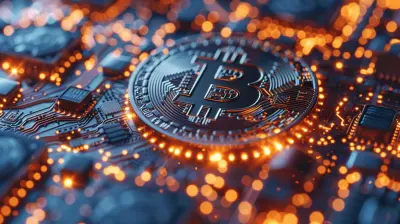
How Blockchain is Empowering Content Creators
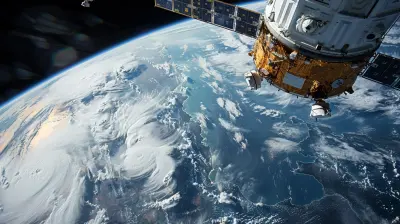
The Impact of Satellite Internet on Global Connectivity
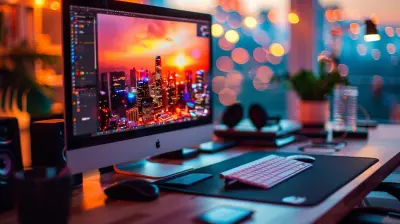
How to Organize Your Media Library for Efficient Editing
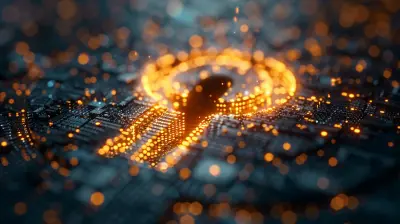
Quantum Computing: The Key to Unimaginable Speed and Security
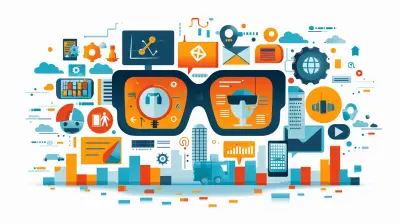
The Role of Big Data in the Future of Wearable Tech
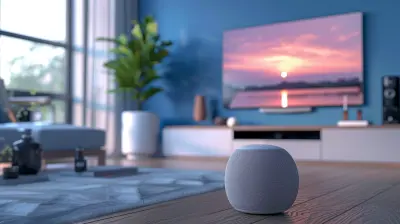
The Benefits of Using a Smart Display as a Personal Assistant